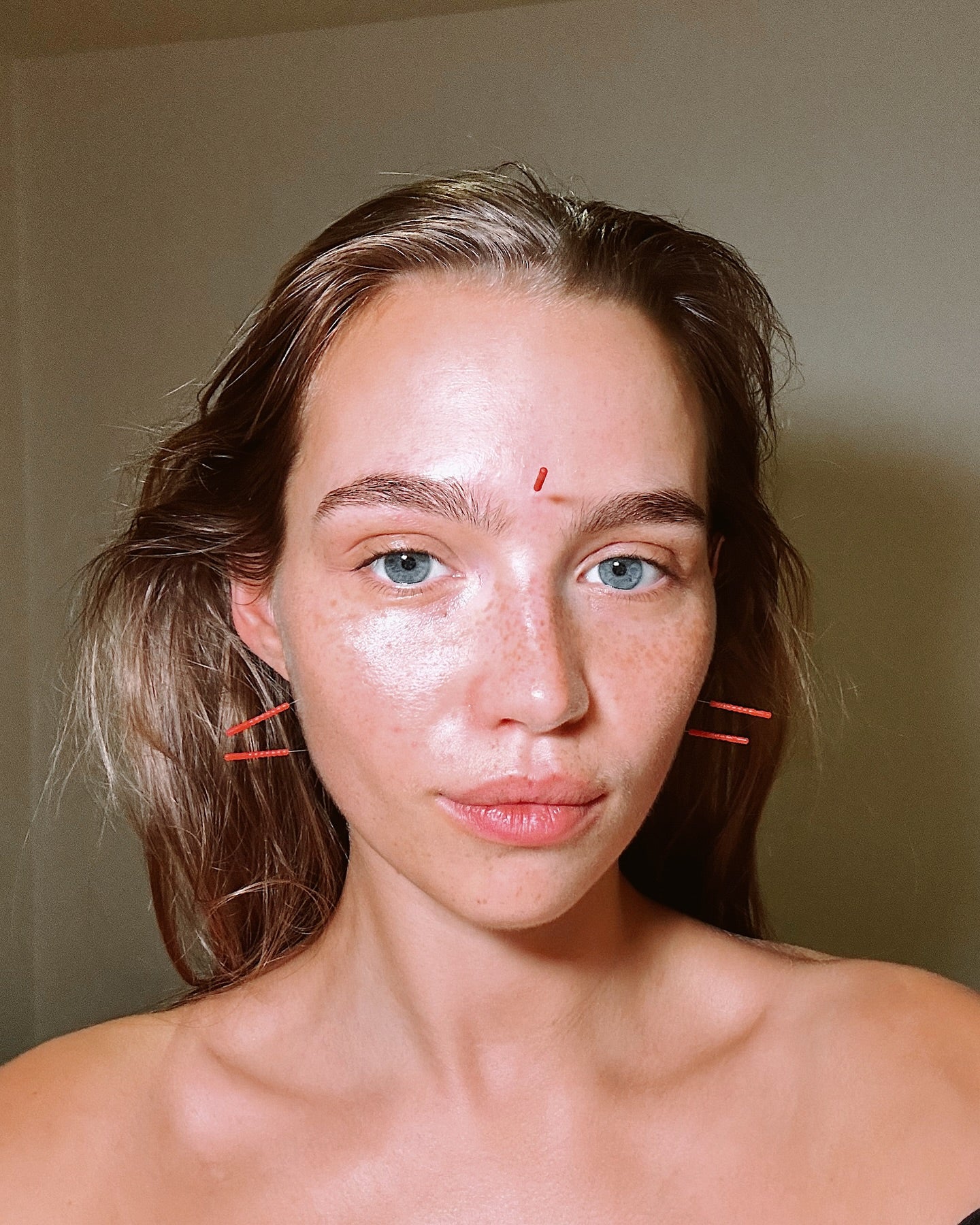Science
An increasing number of scientific studies are confirming the effectiveness of acupuncture for a range of conditions
Areas of focus
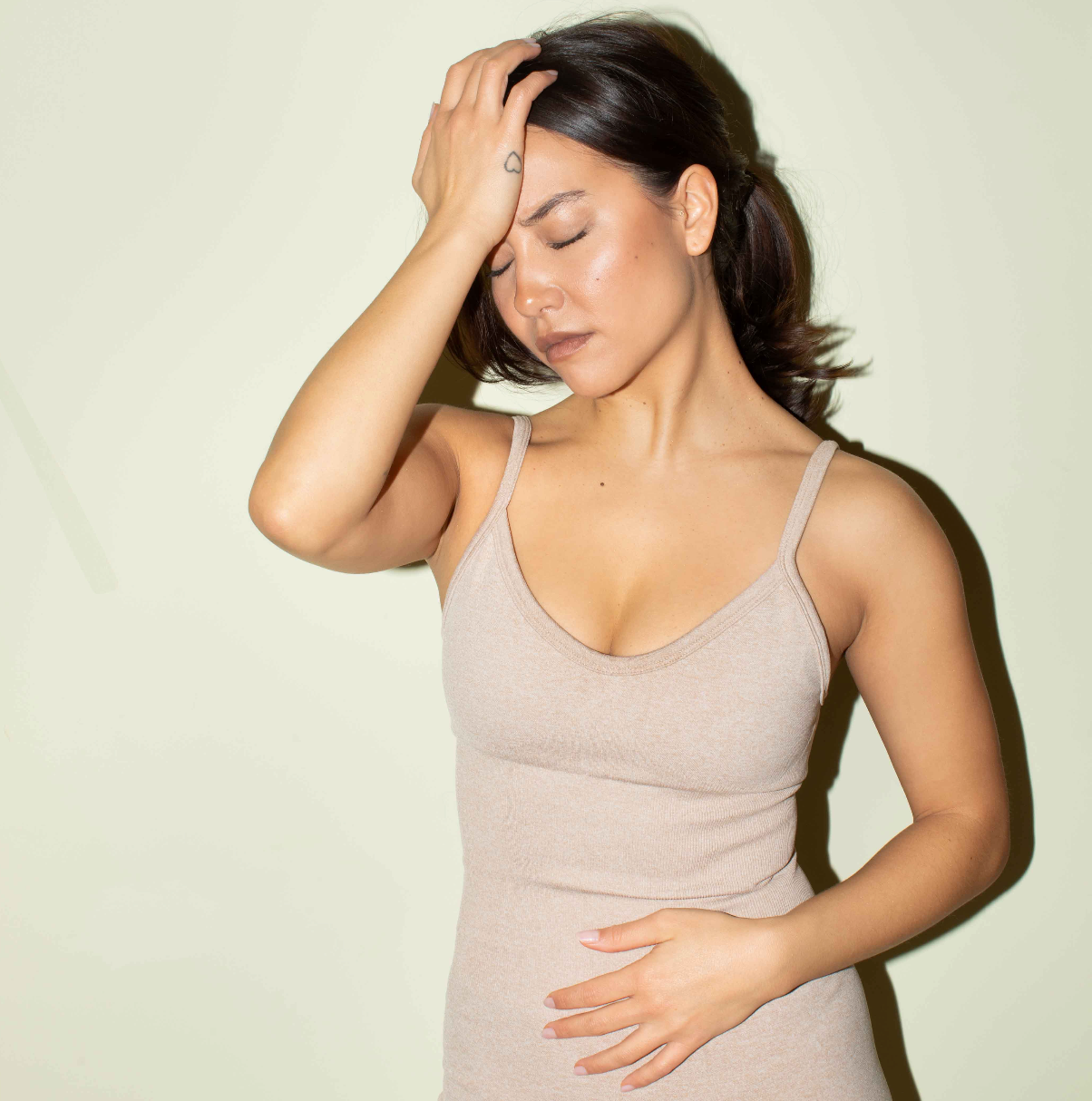
Pain
Pain management is the area where there is currently the biggest body of scientific evidence supporting the use of acupuncture as an effective mechanism. It is used in the NHS for this purpose and supported by various research study outcomes.
Due to these findings, the NICE (National Institute of Healthcare Excellence) and the WHO (World Health Organization) recommend acupuncture for chronic pain, tension headaches, muscle pain and migraines.
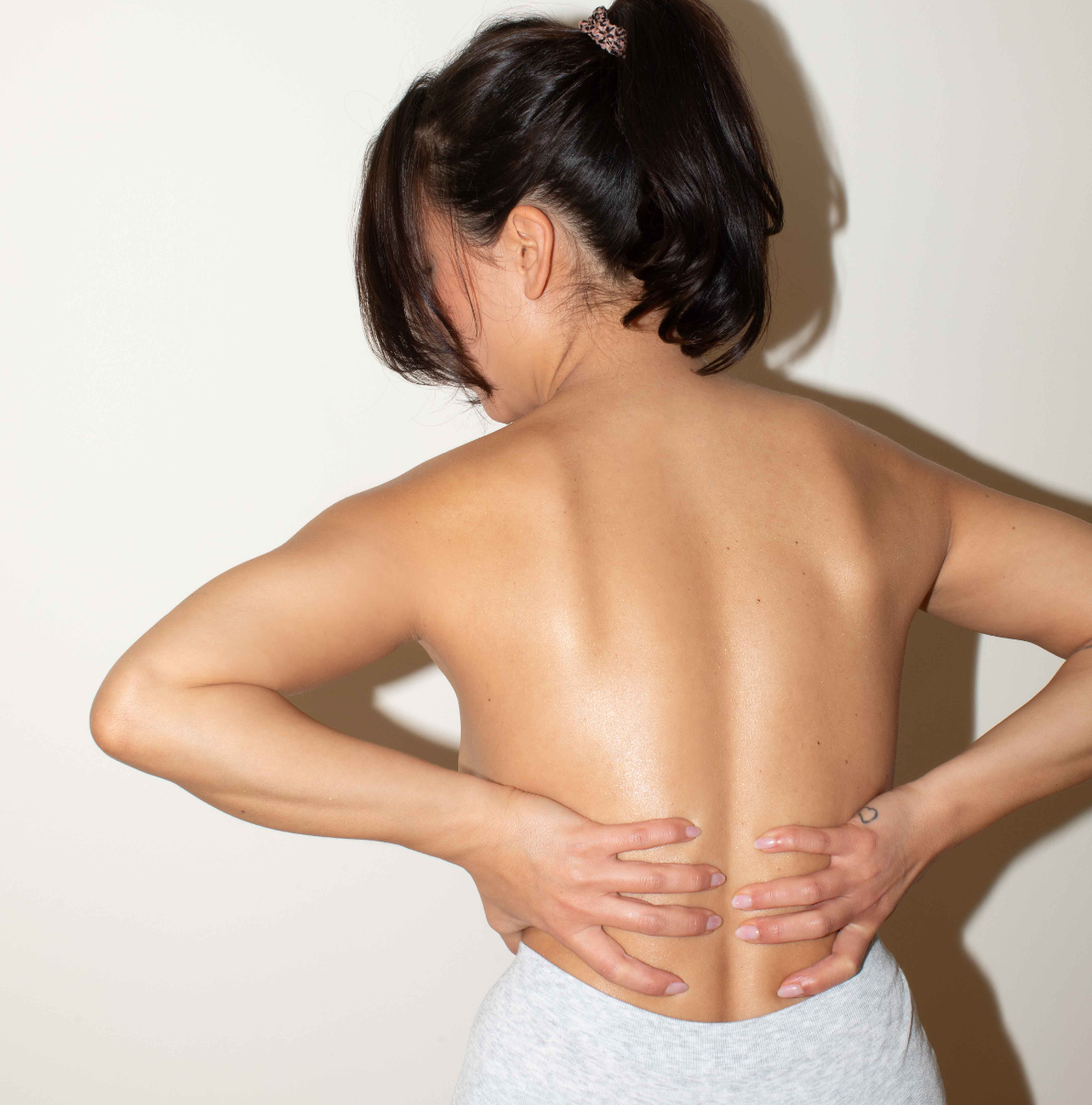
How does it work?
Acupuncture stimulates nerves, connective tissue and muscles in the body, which releases endogenous opioids such as endorphins and dynorphins. These chemicals bind to opioid receptors in the brain and spinal chord, reducing pain perception and helping the body to manage pain more effectively.
Studies have further shown that acupuncture lowers levels of inflammatory cytokines, which helps levels of pain. It also stimulates the sensory nerves, A-delta and C fibres, at the needle insertion points, which signals to the spinal chord and brain to suppress pain signals.
Studies
Pain
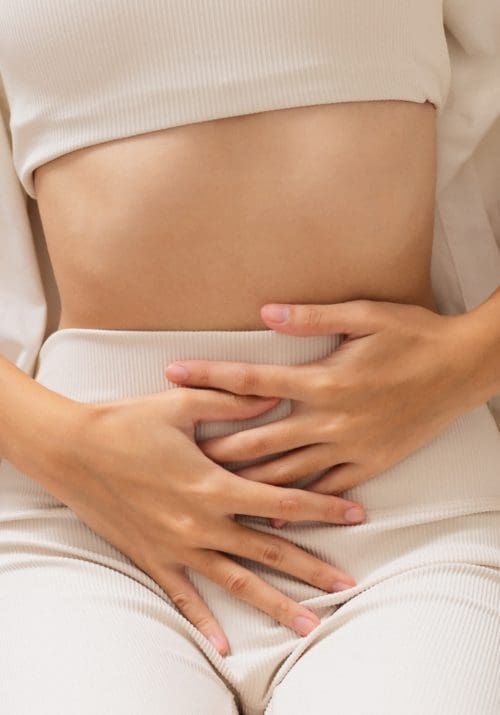
Female Health
Numerous studies have shown the role acupuncture can play in female health, fertility and IVF support.
Whether it's regulating one's cycling, managing the symptoms associated with conditions such as PCOS or endometriosis or helping women conceive naturally or through IVF, acupuncture plays a growing role in improving outcomes for women at various stages of their reproductive life.
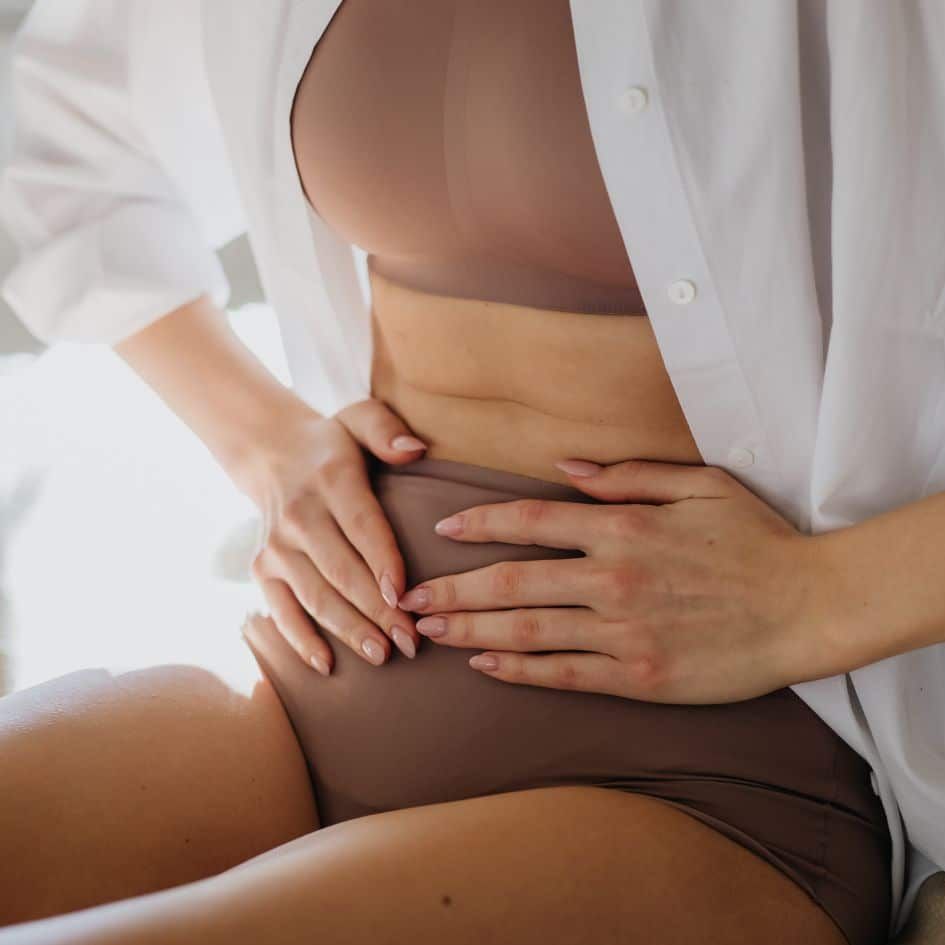
How it works
Research suggests that acupuncture is a vital tool in female health as it improves the blood flow to the reproductive organs, balances one's hormones, regulates one's cycle and reduces stress. These all contribute positively to reproductive health, fertility and embryo transfer success rates.
For conditions such as PCOS, acupuncture improves insulin sensitivity and some of the side effects such as hyperandrogenism. Studies on managing endimitriosis concluded that acupuncture helps reduce pelvic pain and inflammation.
Studies
Female Health

Anxiety & Depression
Overview
Acupuncture is an effective and all-natural tool in managing anxiety, stress and depression. While you will feel more relaxed directly after your treatment, this will continue for the days after, and
This has a knock-on effect on your sleep quality, mental health and nervous system.
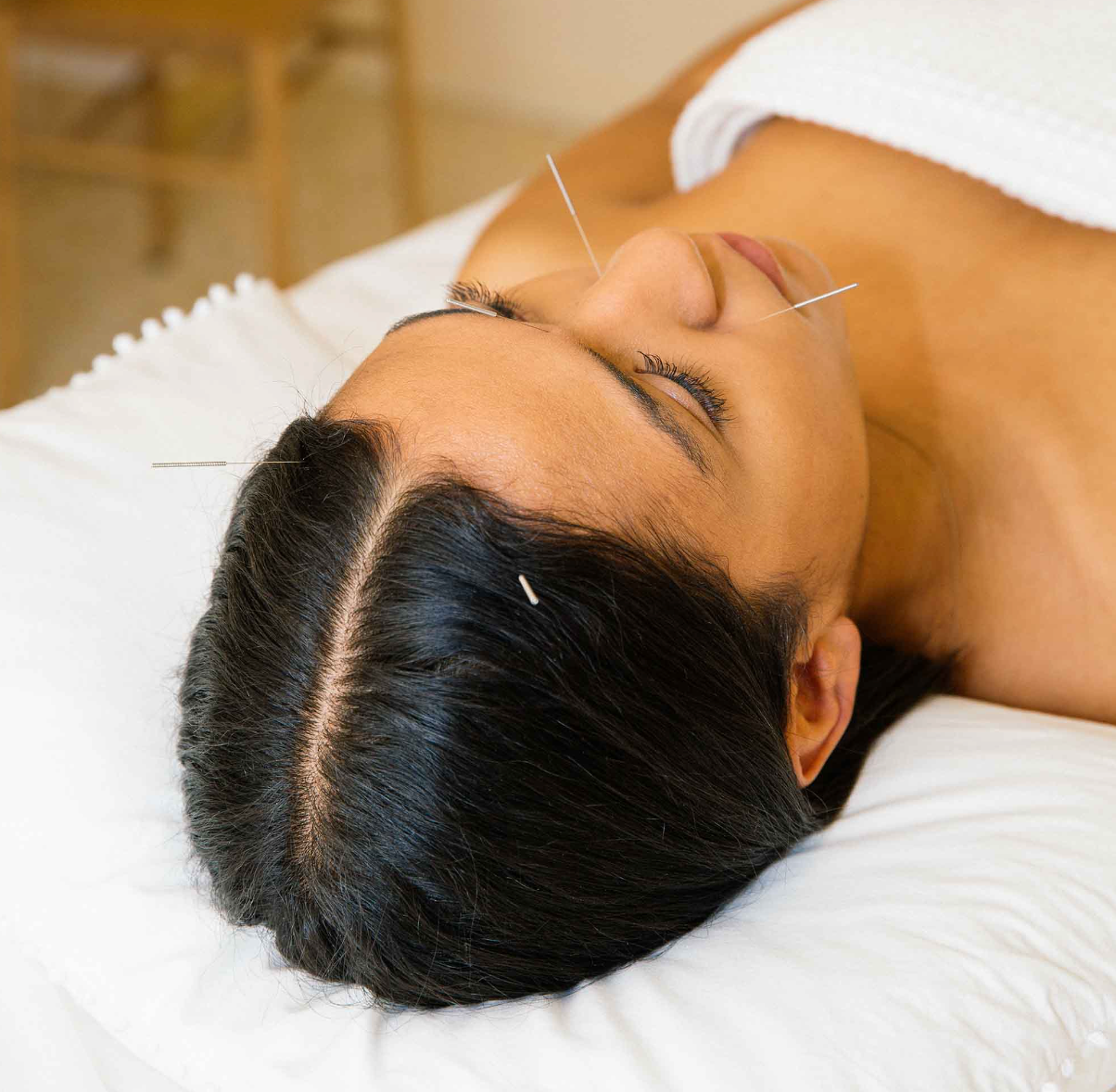
How it works
Research suggests that acupuncture eases anxiety by regulating the nervous system, specifically by bringing the branches of the autonomic nervous system back into balance. Acupuncture treatment helps shift the body back into a relaxed state where the sympathetic system is more balanced and no longer dominating.
Studies
Anxiety
Depression
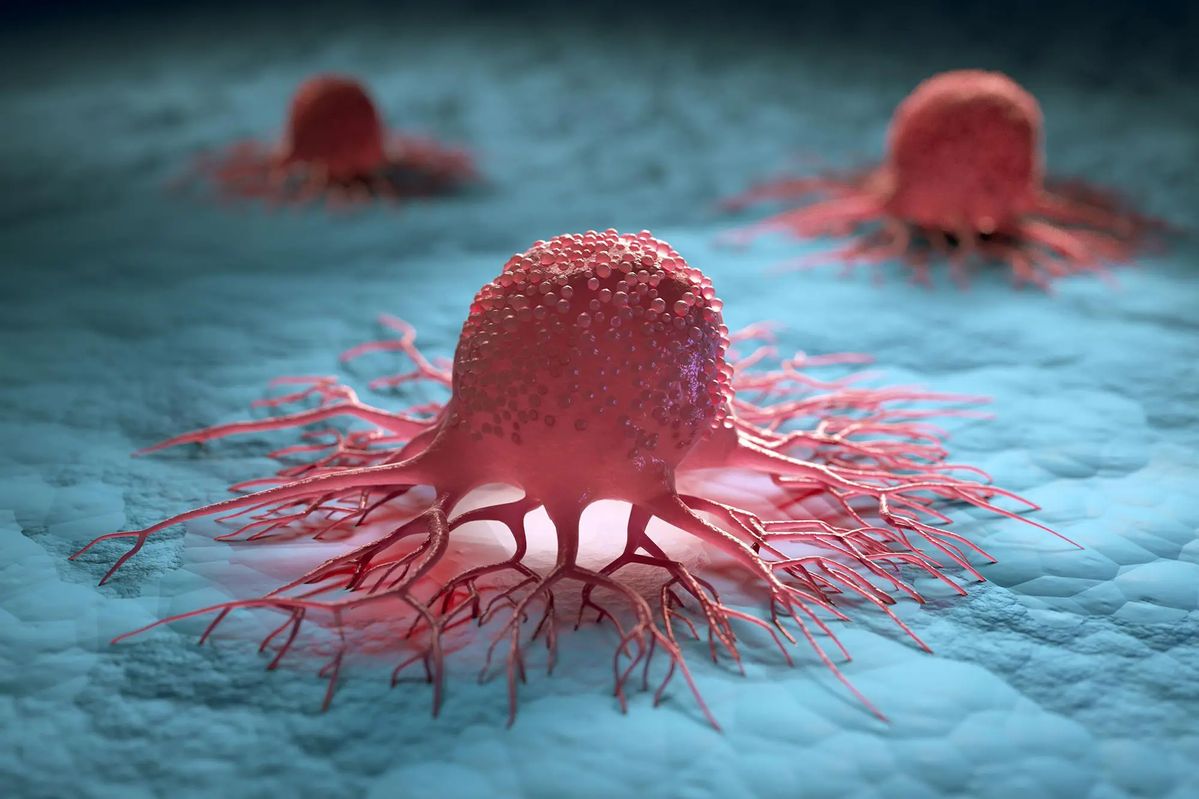
Cancer Support
Overview
A growing body of research and doctors is supporting the use of acupuncture in oncology to support patients during their cancer treatments. The ASCO (American Society of Clinical Oncology) includes it in its recommendations, and acupuncture is offered in institutes such as Memorial Sloan Kettering.
Acupuncture has been found to be beneficial in helping with common side effects of chemotherapy and radiation, including neuropathy, hot flashes, nausea, pain management and immune disfunction.
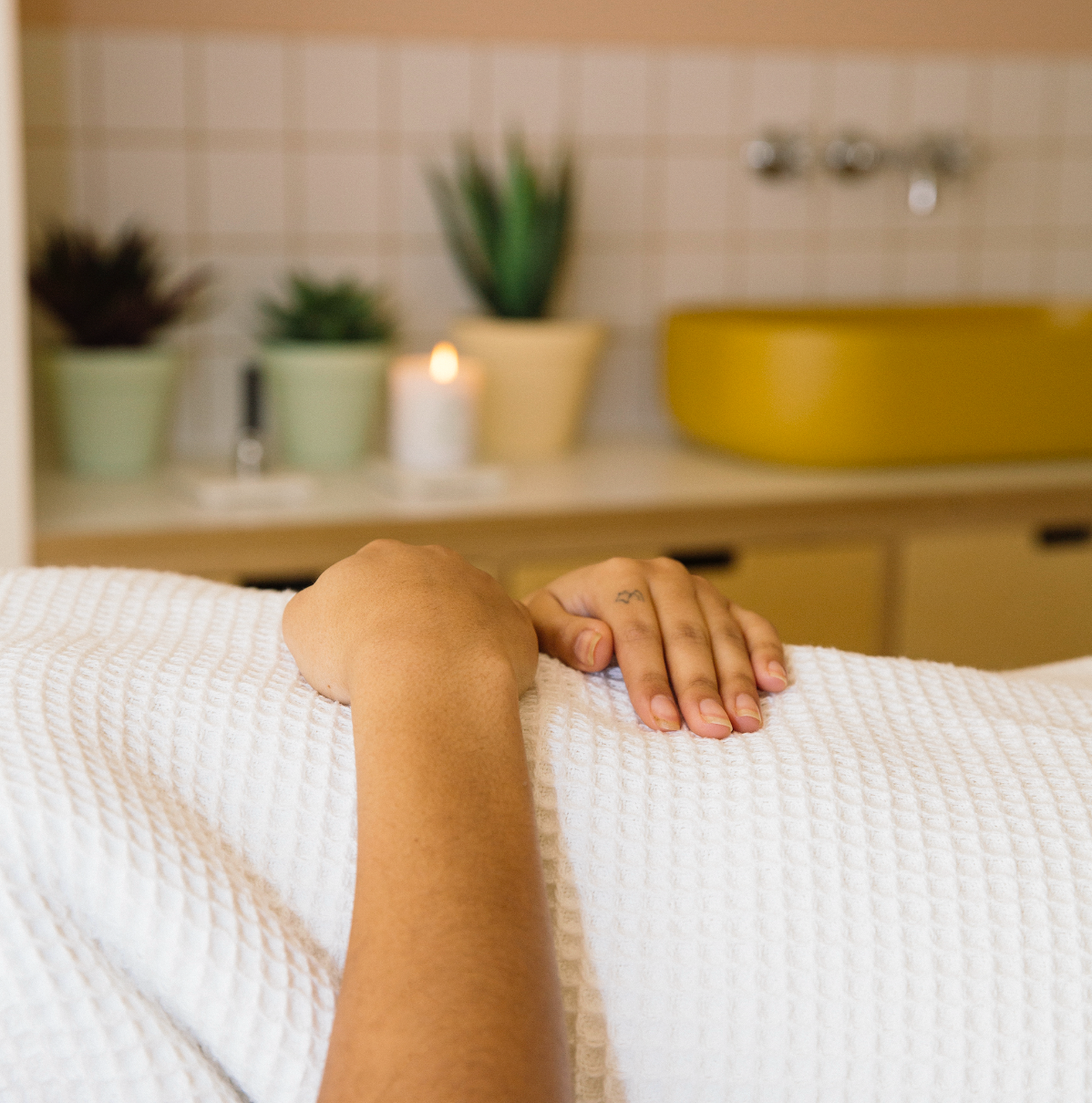
How it works
Research has concluded that acupuncture reduces pain by the release of endorphins and dynorphines, natural painkillers, through stimulation of the A-delta and C-nerve fibres.
More specifically to those undergoing cancer treatment, acupuncture has been found to reduce levels of pro-imflammatory cells and cytokines and also levels of nausea. Plus, the blood flow improvements and nerve repair seen with acupuncture help those suffering from neuropathy.
Studies
Cancer Support
FAQs
View all FAQs
How does acupuncture help with anxiety?
Acupuncture helps with anxiety by releasing endorphins such as serotonin and dopamine. At the same time, acupuncture takes the body into the parasympathetic nervous system, which reduces anxiety and promotes relaxation.
How experienced are your practitioners?
Our practitioners all hold a 3 or 4 year bachelor degree in TCM, additional diplomas in their area of expertise, and at least 3 years of clinical experience before joining Pricc.
How is acupuncture different to dry needling?
Acupuncture and dry needling are quite different. Acupuncture requires a 3 year degree and treats the body as interconnected, which enables us to treat a wide range of conditions. Dry needling is a weekend course, usually performed by a physio and usually only for musco-skeletal concerns.
How many sessions will you need to see results?
Acupuncture works cumulatively so depending on how long you have struggled with the condition, we recommend at least 4-6 sessions before assessing how you feel. Chronic conditions will always take longer to treat as they have been present for a long time.
Will I feel an immediate difference?
You will likely feel very relaxed after your session and see a reduction in symptoms. However, these may come back and further sessions will be needed to achieve permanent relief.
Reviews from our clients
Nobody forgets a Pricc.
Discover the benefits of acupuncture by booking a treatment today.
